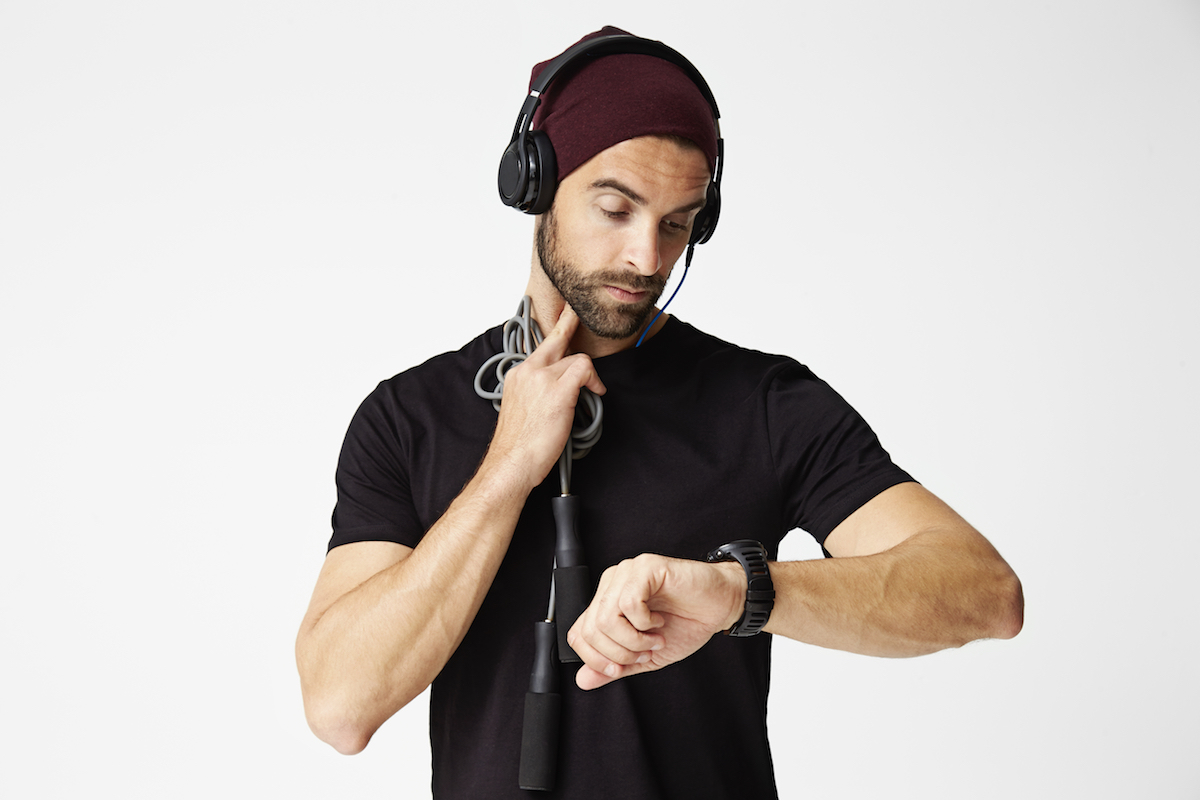
If your heart is beating so fast it feels like it’s about to burst, you could have a serious condition — or, it could be nothing to worry about. Here’s what to do.
We all know the feeling of a bounding, fast pulse after exercising or when we’re furious about something. But, what if it happens while you’re reading a book or watching TV? A racing pulse can be caused by a wide variety of conditions, from the benign to the serious.
“It depends on the context in which your symptoms appear,” says Helga Van Herle, MD, a cardiologist at Keck Medicine of USC and associate professor of clinical medicine at the Keck School of Medicine of USC. “But if you feel like you’re going to faint or if you experience lightheadedness, chest pain or sudden shortness of breath while your pulse is racing, you should seek urgent medical attention.”
What are heart palpitations?
Palpitations is the general word doctors use for any fast or pounding sensations that you feel in your chest. These unusual heart rhythms can also be called arrhythmias. Normally, you don’t even notice your heartbeat, but these sensations often get your attention.
Want to check if your fast pulse rate is in the normal range? Set a timer to one minute, find your pulse, and count your heartbeats during that minute. A normal heart rate is between 60 and 100 beats per minute. A racing pulse is one that’s faster than 100 beats; this is called tachycardia.
Types and causes of tachycardia
The rapid heart rate of tachycardia isn’t necessarily serious, but it can be treated, if necessary, depending on what is causing it. Here’s a breakdown:
- Sinus tachycardia
This is the totally normal, bounding-heart feeling we get when upset, or during or after exercise. The heart is beating correctly, just fast.
- Supraventricular tachycardia (SVT)
This type of fast pulse originates in the atria, the upper chambers of the heart. The electrical impulses that regulate your heartbeat short-circuit, resulting in a fast heart rate. SVT is the most common cause of heart rhythm problems in children; it is also linked with anxiety, fatigue, drinking lots of caffeine or alcohol, and smoking. SVT isn’t often serious, and lifestyle modifications or medications may help to reduce episodes.
- Ventricular tachycardia
Ventricular tachycardia originates in the lower chambers of the heart, or ventricles, and can be serious. As with SVT, with ventricular tachycardia, the electrical impulse that regulates the heart rate misfires, causing a fast rhythm. This often occurs in people who already have a heart condition, such as cardiomyopathy, or weakened heart muscles. It can also be caused by some medications and illegal substances, like cocaine. Depending on the cause, ventricular tachycardia may be treated with medication or surgery.
Is atrial fibrillation the same as tachycardia?
Atrial fibrillation, or A-fib, is sometimes called a type of tachycardia. What distinguishes it (and other kinds of fibrillation) is that not only is the speed of your pulse altered, its rhythm is, too. So, instead of beating steadily, the heart beats irregularly. The American Heart Association estimates that more than 12 million people will have this common heart rhythm disorder by 2030.
A-fib can lead to blood clots that may increase your risk of stroke; it’s also associated with a higher chance of developing heart failure. Those who have existing heart disease, high blood pressure, diabetes or hyperthyroidism or are obese or heavy alcohol users are more likely to develop A-fib. Lifestyle changes, medications, blood thinners, weight loss and surgery can help to manage this type of heart palpitations.
How are these conditions diagnosed?
Dr. Van Herle explains that your doctor will take your pulse, either by counting the number of heartbeats in one minute or by using an electrocardiogram, a painless test that detects and records your heart activity through the use of small electrodes, or sensors, that are attached to your chest and arms or legs.
“If your racing pulse is intermittent,” she says, “your doctor may order other types of testing to further evaluate it, such as a Holter monitor or a cardiac event recorder. Both of these devices are types of portable electrocardiograms that you can wear for a limited amount of time, ranging from 24 hours up to weeks or months. This will provide your doctor with information about your heart rate and rhythm over a longer period of time.”
Following a heart-healthy lifestyle is always a good idea, but it may not necessarily reduce the episodes or complications of arrhythmia, according to Dr. Van Herle. In some cases, other medical therapies may be necessary. Work with your doctor to manage your symptoms.
Topics
